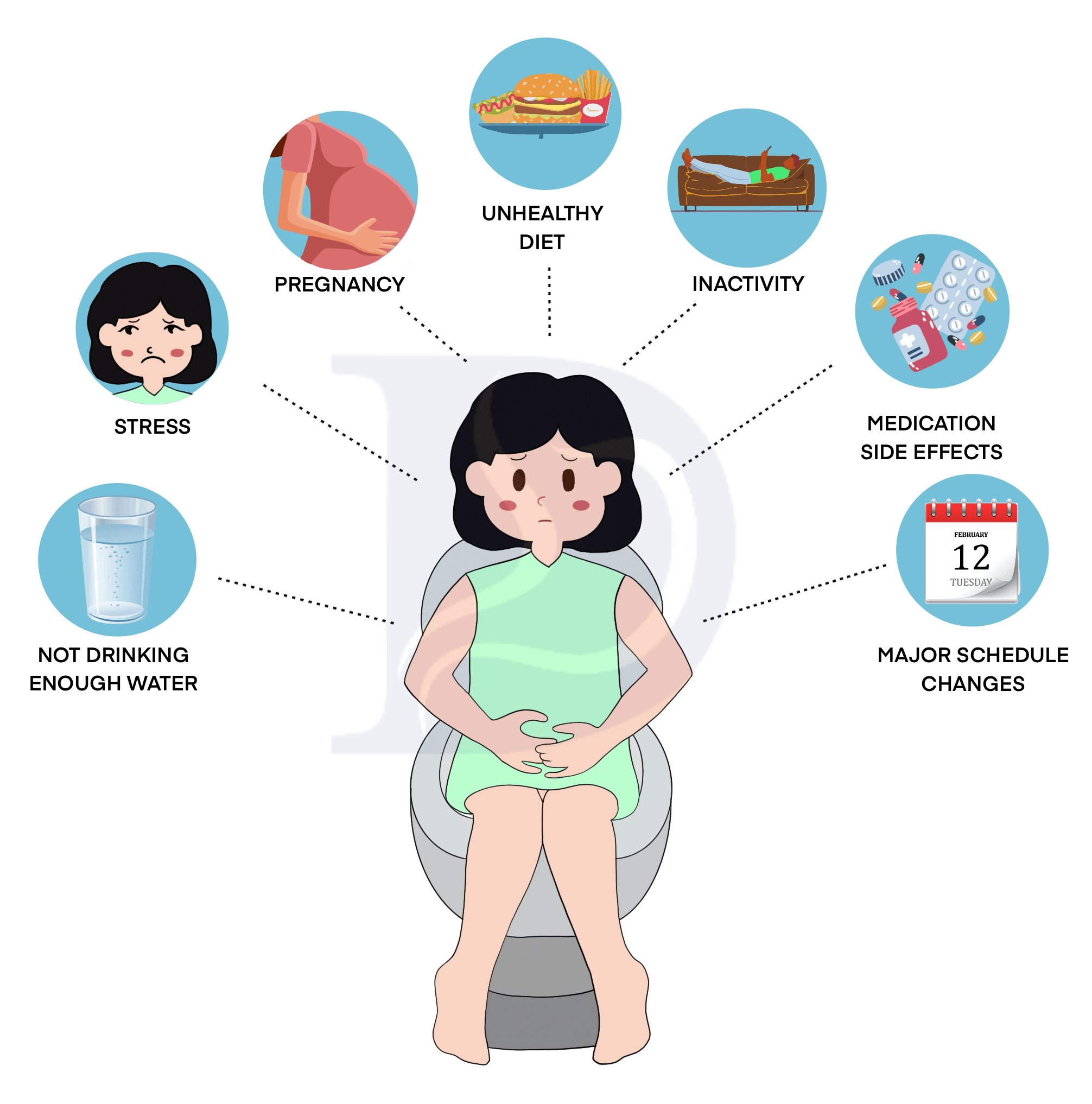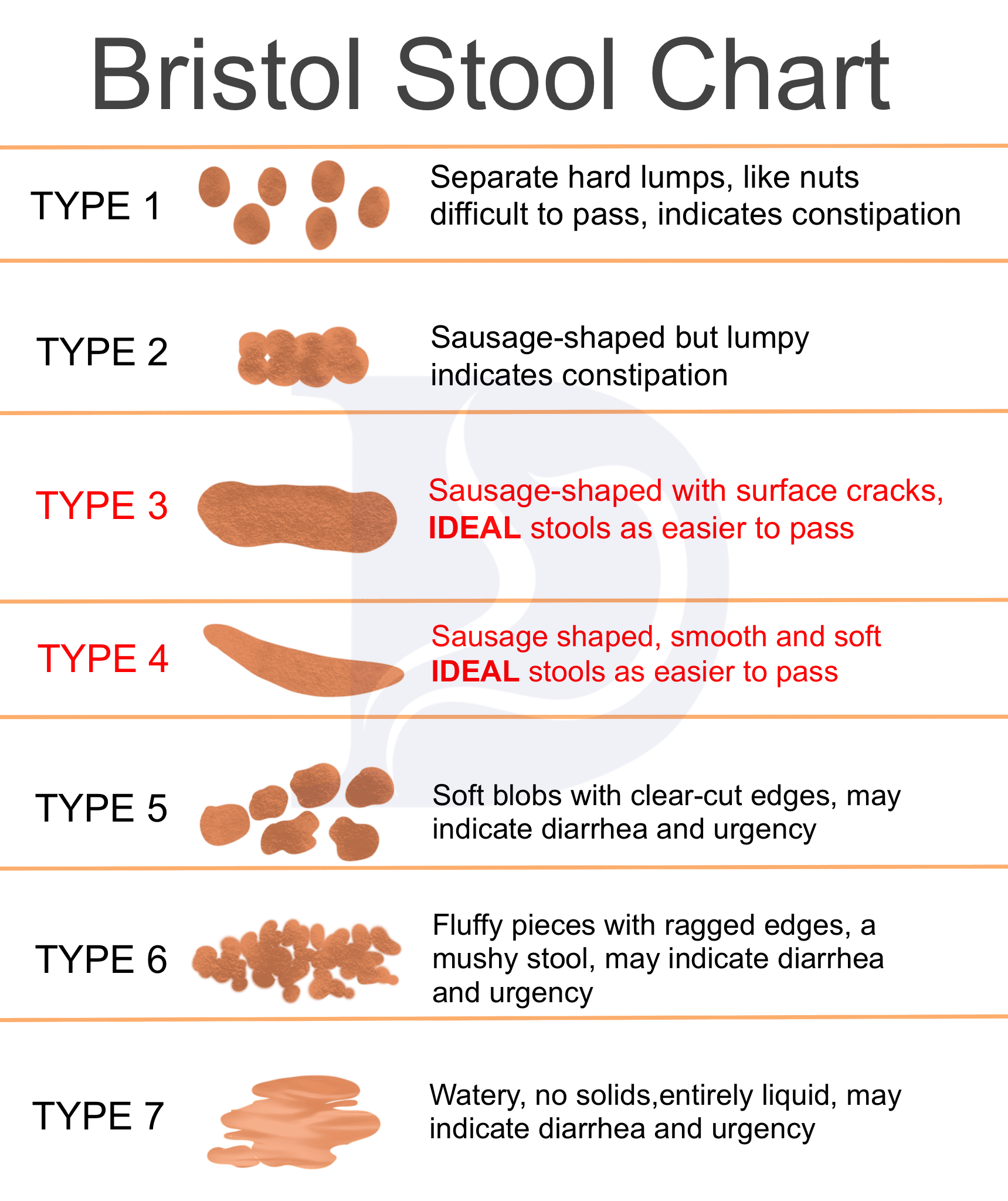Constipation affects most people at some point in time. A person is considered to be constipated if they have three or fewer bowel movements in a week or if they do have a bowel movement they are hard, dry or painful. Depending on how often a bowel movement normally occurs will determine what is considered to be “infrequent” for each individual patient.
Causes of Constipation

Constipation is the result of various conditions and may be caused by some of the following:
- An insufficient amount of fluid consumption
- A diet that does not contain enough fiber
- Irritable bowel syndrome
- Pregnancy
- Painful anal conditions
- Medication
- Hormonal imbalance
- Overuse of laxatives
- Disease
- Dehydration
- Damage to the spinal cord
- Suppressing the urge to have a bowel movement
- Lack of exercise
- Medical condition
Constipation is not usually a serious condition, but it can lead to complications such as hemorrhoids, anal fissures, fecal impaction or rectal prolapse. It is important to seek prompt medical attention for persistent constipation.
Treatment of Constipation
Most cases of constipation are temporary and can be resolved through changes in diet and fluid consumption or increasing physical activity. Some patients may require medications, such as over-the-counter laxatives, to help treat constipation and encourage bowel movements.
Prevention of Constipation
Prevention of constipation and keeping stools from accumulating in the future may be accomplished with by some of the following healthy bowel habits:
- Drinking water and other fluids
- Exercising on a regular basis
- Eating food that is high in fiber
- Limiting caffeine or alcohol consumption
- Scheduling time to visit the rest room
- Recognizing the urge to have a bowel movement
What Your Poop Says About Your Health


